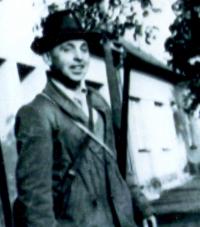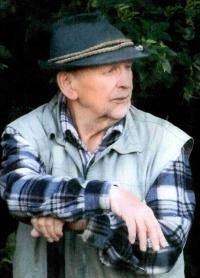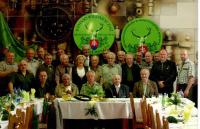It was interesting that the church was destroyed, but the altar remained

Stáhnout obrázek
Jaromír Krejčíř was born on August 5, 1932 in Ořechov (Brno-venkov district). His father worked for the railways for his entire life and his mother looked after a small farm. When he was twelve years old, Jaromír witnessed the battle of Ořechov - a military clash which was part of the Bratislava-Brno operation during the fighting for liberation on 18th -24th April 1945. While the conflict lasted, he and his family were constantly hiding in various basements. Their house was hit. Jaromír completed his vocational training after the war and he worked in an enamel factory in Staré Brno. In 1953-1956 he did his basic military service at the Slovakia-Hungary border in the village Šahy (Nitra region). After his return from the army service he married and his son was born. Jaromír worked in the Zbrojovka factory in Brno and later at a shooting range. From the 1960s onward the StB turned their attention to him due to his opinions and relationships. In 1972 they threatened him with arrest. Shortly after interrogation at the Regional department of the StB in Brno Jaromír decided to move to Slovakia. He still lives in Slovakia with his second wife and two sons. He kept working for another nineteen years for the railways just like his father.


